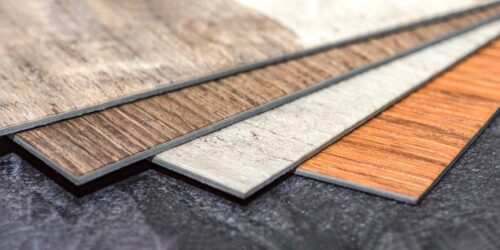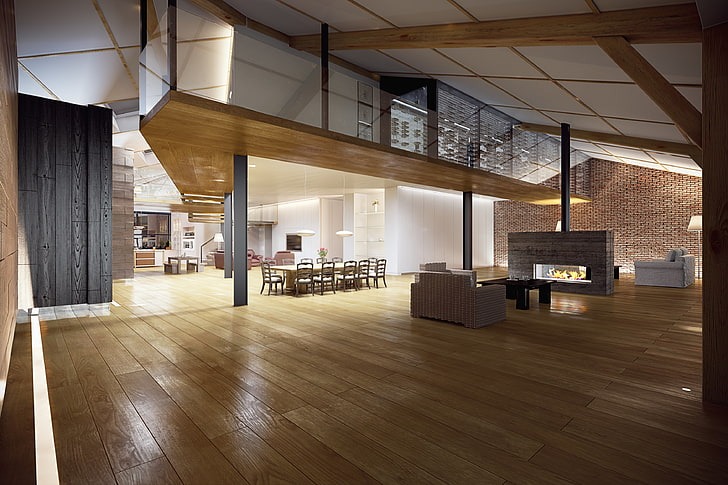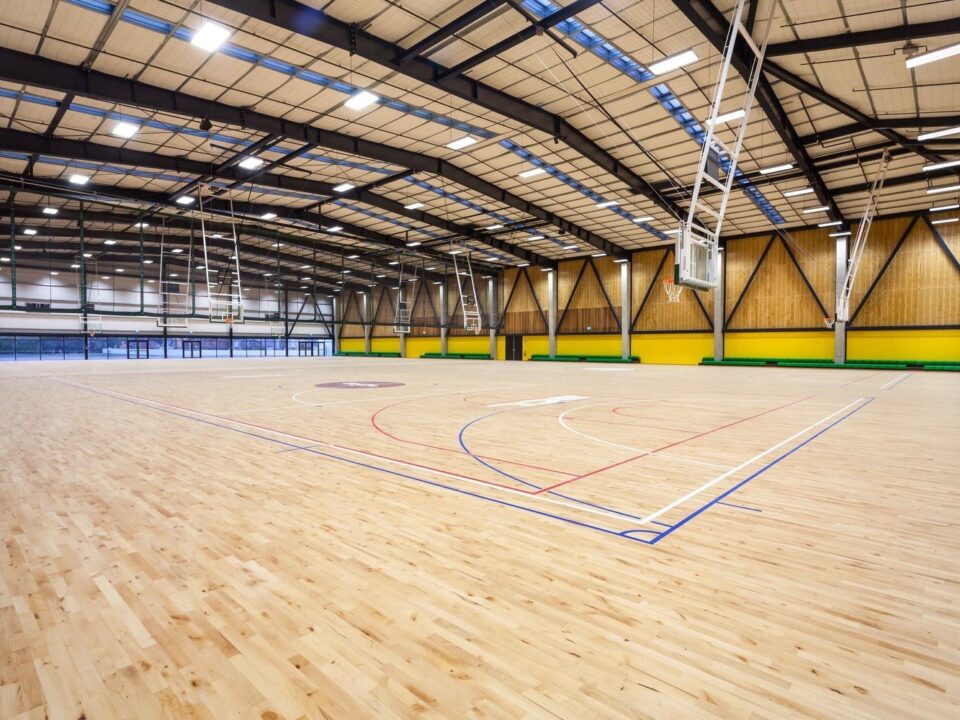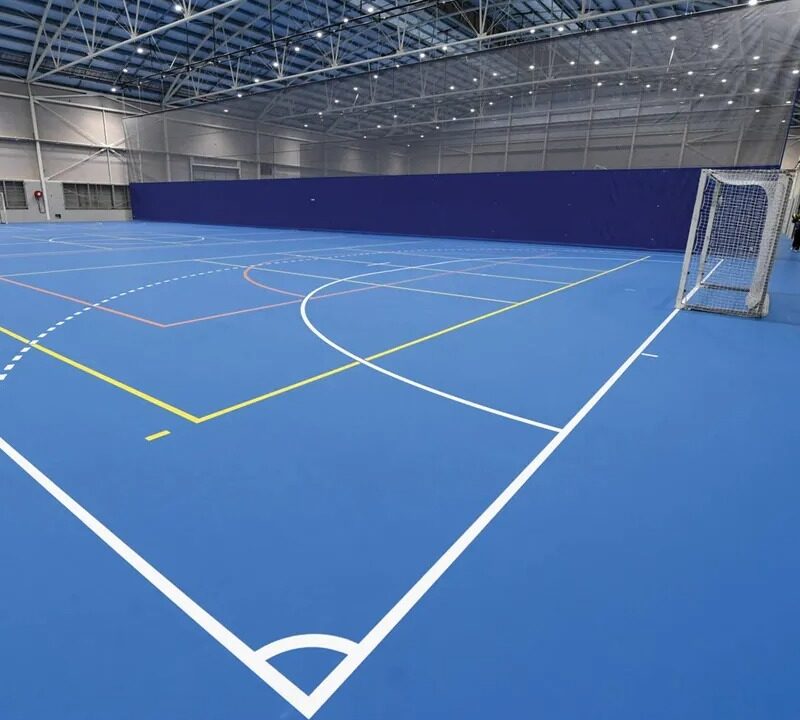
vinyl
Vinyl flooring is a type of synthetic flooring made from multiple layers of polyvinyl chloride (PVC) and other additives. This type of flooring is characterized by its great variety in design and colors, as well as its ease of installation and maintenance.
Advantages of Vinyl Flooring:
- Water and Moisture Resistance: Makes it ideal for use in bathrooms, kitchens, and other damp areas.
- Scratch and Stain Resistance: Maintains its beautiful appearance for a long time, even in high-traffic areas.
- Ease of Cleaning and Maintenance: Can be easily cleaned with water and soap, saving time and effort.
- Variety of Designs and Colors: Available in a wide range of designs and colors that mimic wood, stone, and ceramic, allowing you to choose the design that suits your taste and home decor.
- Ease of Installation: Can be easily installed by homeowners or by specialized technicians.
- Affordable Cost: Vinyl flooring is considered an economical option compared to other types of flooring.
- Sound and Heat Insulation: Provides good sound and heat insulation, making it comfortable to walk on.
Types of Vinyl Flooring:
- Luxury Vinyl Tiles (LVT): Characterized by its high thickness and durability, as well as its realistic designs that mimic natural wood and stone.
- Sheet Vinyl: Comes in large rolls, making it ideal for large spaces.
- Self-Adhesive Vinyl: Features easy installation, as it has an adhesive layer on the back.
Uses of Vinyl Flooring:
- Homes: Used in living rooms, bedrooms, bathrooms, and kitchens.
- Offices and Shops: Withstands high traffic and provides a stylish and modern look.
- Hospitals and Schools: Characterized by its ease of cleaning and resistance to stains and bacteria.
- Gyms and Fitness Centers: Withstands shocks and provides a comfortable surface to walk on.



